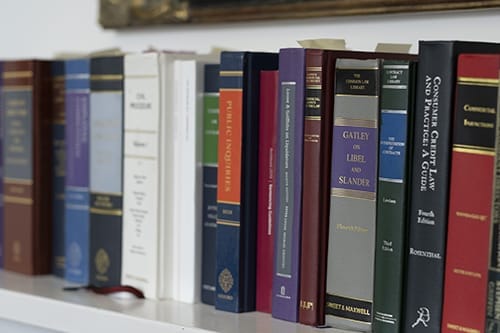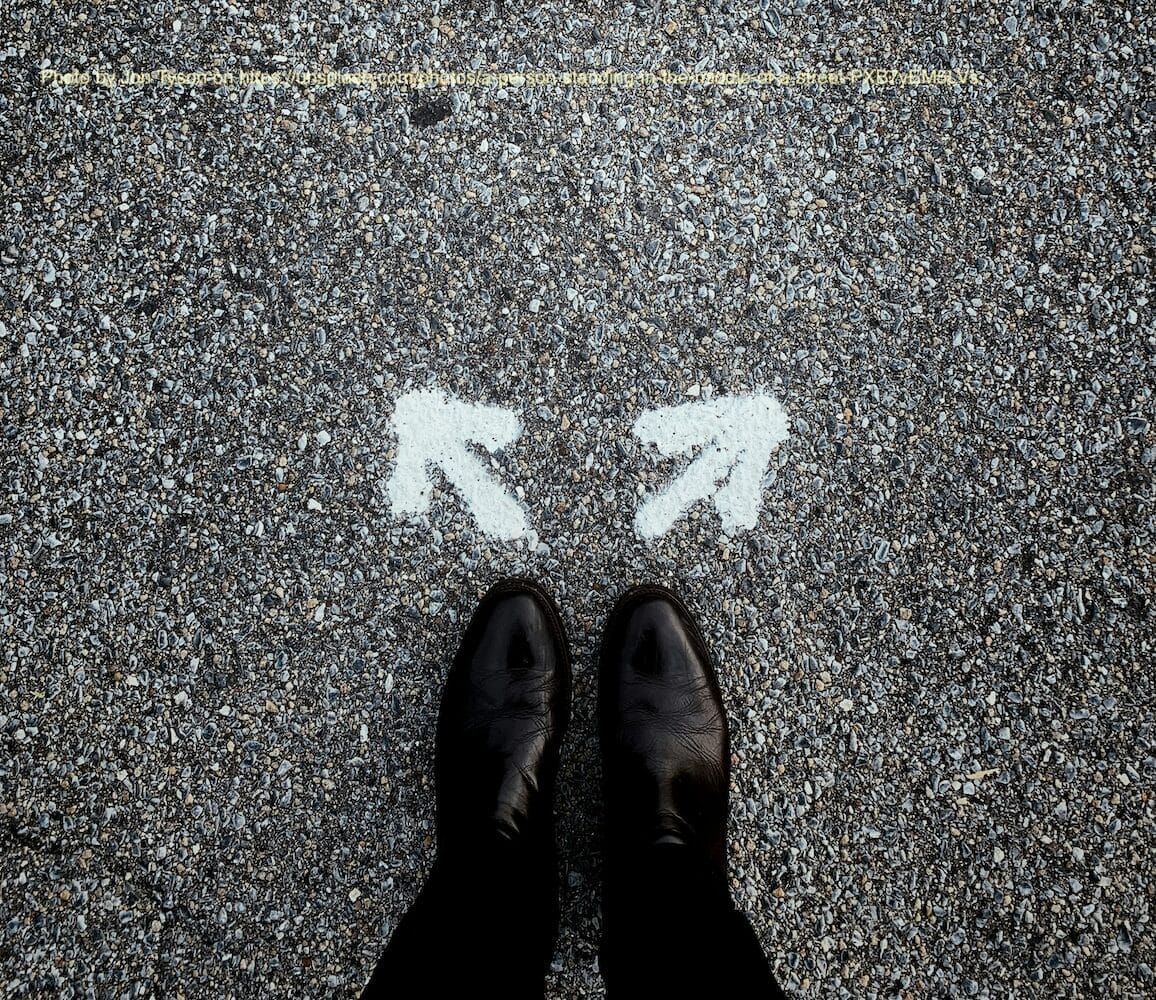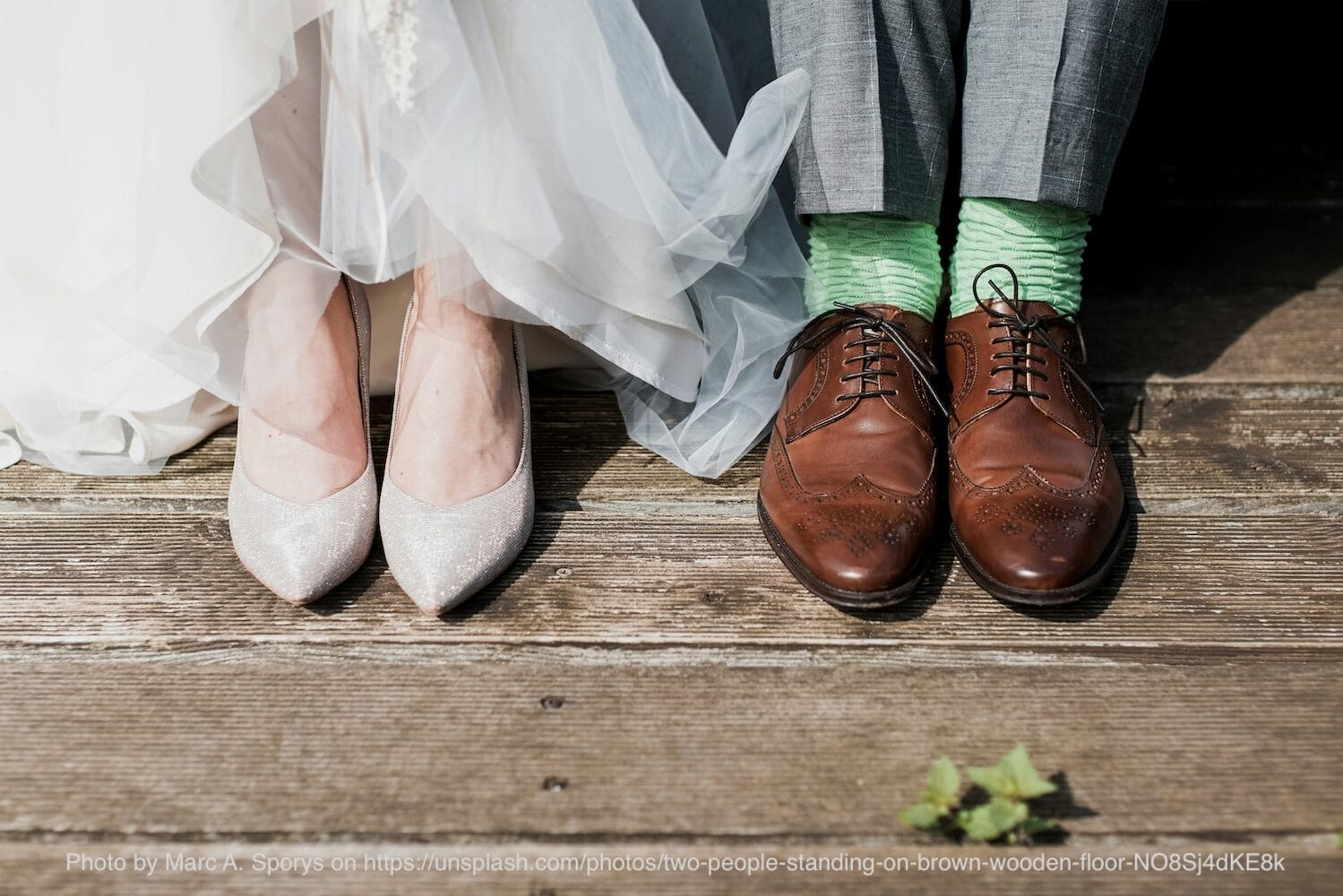Everyone has equal right to protest. However, intersecting forms of discrimination can sometimes mean one protest takes pre-eminence over another. This is especially topical right now, with tensions between pro-Palestine and pro-Israel protest groups, and incidents of both antisemitism and Islamophobia on the rise.
It’s also an important debate in the context of the Government’s latest non-protest laws – the Police, Crime, Sentencing and Courts Act, and the Public Order Bill – which serve to place more conditions, limitations, and implications on those expressing their views, grief, concerns, and solidarity.
To be clear, according to the European Convention on Human Rights (ECHR) and the Human Rights Act in UK law, everyone’s right to protest is protected, as are the rights to freedom of expression and freedom of assembly. Public authorities, including the police, are required to act in a way that is compatible with these rights, and indeed make efforts to assist peaceful protest to take place.
New laws will make it harder for anyone to protest. Indeed, they could serve to make it even harder for some groups than it is for others, by expanding the definitions of what might cause a public disorder, or serious disruption.
Protests have been the driving force behind some of the most powerful social movements in history, exposing injustice and abuse, demanding accountability, and inspiring others to action.
Let’s hope the government doesn’t come down on the wrong side of history at this watershed moment in the erosion of civil liberties across the world.







